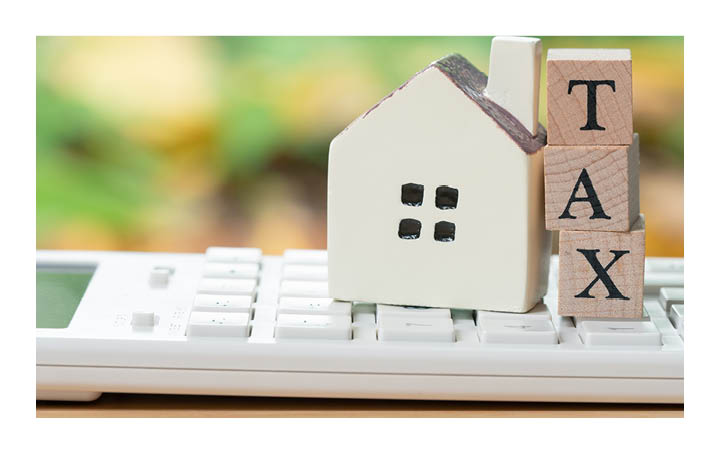Renting out your idle resources helps you generate some extra passive income and adds to your worth. You can rent out entire or parts of your house that are vacant and not being used by you. Not just house property but you can also lease out other belongings such as furniture pieces, a washing machine, vehicles, and so on.
In this article, we are going to discuss the tax implications of sharing the assets being house property and other assets through any digital platform such as Airbnb, home away, etc.
Tax Implications on Sharing House Property
Income and Deductions
You can rent out your property for residential as well as commercial purposes. In either case, the rent amounts that you receive are assessed as income. You have to offer the same as income in your tax return and you can claim a deduction for expenses associated with the rented property.
Expenses are to be proportioned for the time for which property is rented and part of the property which is rented. When only a part of property is rented out then the expenses can be apportioned based on floor-area and the apportioned expenses can be claimed. Also, if the property is not rented out for the entire year then expenses have to be claimed only for such periods for which the property is rented.
Further, you must keep a record of the statements that are generated by platforms through which you rent your property and the receipts of the expenses that you incur on renting the property.
GST on Rental Income
GST liability doesn’t arise on residential rent. This means that when you rent out a residential property for residential purposes then GST doesn’t apply on the rent. Also, you are not allowed to claim GST credit for associated expenses. However, you will be liable to pay GST if you provide commercial premises for residential accommodation such as a hotel room or if you rent out commercial spaces such as offices.
Tax Implications on Sharing Other Assets
Income and Deductions
The income that you generate by sharing your assets shall form part of your income and has to be declared in your tax return as other income. You can claim a deduction for the expenses that you incur in relating to the sharing of the assets as other deductions. You shall maintain records for the income statement generated by the platform and the receipts of expenses that you incur.
If you co-own an asset and share it then both the incomes and expenses have to be reported to the extent of your share in the asset.
GST on Asset Sharing Income
If you are registered for GST owing to your leasing business carried out through your enterprise then you need to pay GST on the sharing income. Also, you can claim GST credit for expenses related to your leasing business.

